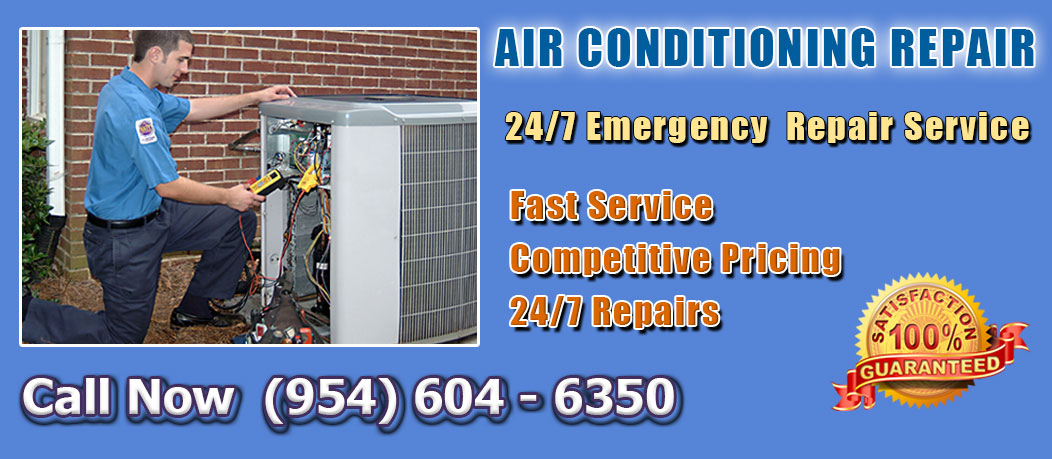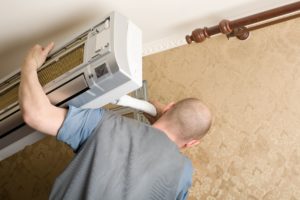When you critically analyze the reason behind HVAC unit failure, you will be surprised to note that most of them are preventable. Apart from the failure, these issues may shorten the lifespan of your unit therefore giving you less value for your money. Below is a snapshot of the common reasons of AC unit failure.
- Inadequate regular servicing
- Improper installation
- The presence of debris in and around the unit
- Improper AC unit care
Through a variety of measures, each of the above-mentioned AC unit failure causes can be prevented. To start you off, think about the following measures.
Regular Servicing of Your AC
This is the first and most recommended way to enhance your AC unit lifespan. Because of the high voltage involved, AC units go through a number of electrical strains and therefore need regular maintenance. Among the causes of HVAC failure is electrical glitches. The best way to handle this is to have your local AC technician conduct regular servicing of your unit. Also, the moment you detect a malfunction, do not try to solve it yourself rather call in a professional.
Cleaning of the AC Unit and Its Surrounding
The existence of debris around the unit as well as inside the system can cause failure. The condenser requires regular cleaning and the area around which it is installed should be free of debris. The condenser is the section of the AC unit which is responsible for the cooling and when it has layers of dirt, the effectiveness of the cooling process goes down.
Debris such as dust and mud tends to accumulate on the coil system and this minimizes the heat dispensed by the system. Because of this, it has to run for a lengthy period of time so as to cool the building. With a clean condenser, chances of overheating and power overloads are significantly reduced. This lessens damage to the unit and cases of periodic breakdowns reduce. In humid seasons, HVAC units do not just cool your home, but also dehumidify it. This means any failure of the unit may cause algae growth which is a problem on its own. If you maintain your HVAC unit well, it should last you approximately 15 years in service.
Shading Your Unit
Many homeowners miss out on this one, but it is an important fact in HVAC operation. When your AC heats up, it has to function more so as to deliver the same amount of cooling. If you can, ensure the external component of the AC unit is installed under vegetation so as to provide shade for your unit. Where there is no vegetation, you could construct shades from corrugated metal and wood. The cooler the temperatures, the lesser the unit has to work hard hence a longer lifespan.
Correcting Poorly Installed Units
When your AC is poorly installed, it will comprise on the cooling process. For instance, if you have kitchen and bathroom vents installed to regulate temperature and humidity in your home, if not properly outlined, these vents may decrease the lifespan of your unit. Vents that are poorly designed can even pull back cooled air which is created by the AC units thereby overworking them.
If your AC unit is working less efficiently, call in a professional to help you out. It will save you money and reduce inconveniences.


